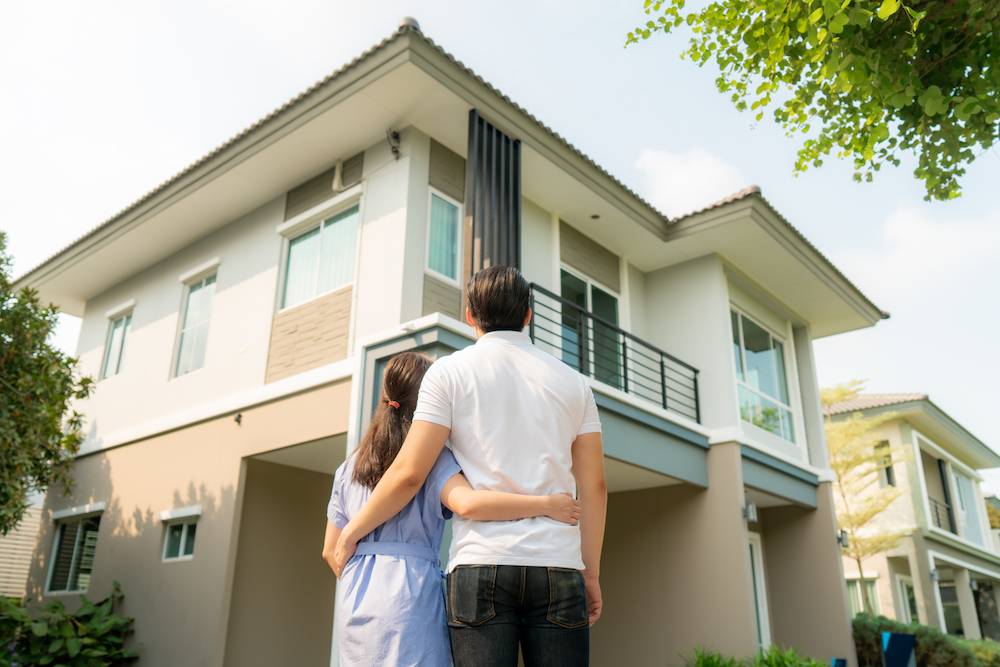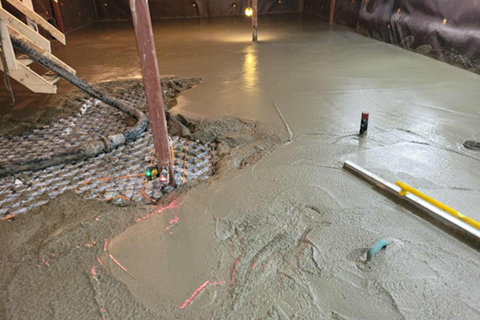Let’s say you’ve already bought your first property in Singapore and you’re now eyeing that next dream home or investment property. But then, BAM—reality check. You’re hit with the dreaded ABSD (Additional Buyer’s Stamp Duty), which can add a hefty cost to your second property purchase. As a savvy investor or homeowner, you’re probably wondering: “Is there a way to avoid this nasty tax?”
Good news! You can buy a second property in Singapore without paying ABSD, and it’s perfectly legal. How? By using some clever strategies that are well within the rules of the land. Let’s dive into 5 legal ways to buy your second property in Singapore without paying ABSD—because why pay more taxes than you need to?
1. Buy Through a Company: Corporate Ownership to the Rescue
The Power of Company Ownership
One of the most effective ways to avoid ABSD on your second property is to buy it through a company. In Singapore, when property is purchased through a company, the ABSD doesn’t apply to the transaction. Instead, the property is considered a corporate asset, and the tax liability is handled differently.
But before you start popping champagne, there are some things to keep in mind:
- Company registration: The company needs to be properly registered in Singapore.
- Business purpose: The property must be used for business purposes (i.e., not just for personal living). This could mean using it as an office, a rental property for clients, or even a commercial space.
- Ongoing compliance: The company will need to meet regulatory and tax compliance, which could involve additional paperwork and legal fees.
If you’re planning to buy multiple properties or run a business in Singapore, this method can save you a significant amount in ABSD—while also helping you build your property portfolio.
The Catch
While this might seem like a golden ticket, it’s not a strategy for everyone. Setting up and maintaining a company for property purchases can be costly, especially for individuals who are not already involved in business operations. So, it’s best to weigh the pros and cons and consult a professional before diving in.
2. Purchase Through Joint Ownership with a Singapore Citizen or PR
Two Heads Are Better Than One
If you’re lucky enough to have a spouse, family member, or trusted business partner who is a Singapore citizen or Permanent Resident (PR), you can avoid ABSD on a second property purchase by going in on the property together.
How does this work?
When you co-own a property with a Singaporean or PR, only their share of the purchase is subject to ABSD. This means if they are the primary owner or their share exceeds yours, you get to sidestep that extra tax burden.
For example, if you’re a non-Singaporean and your spouse is a Singapore citizen, you both can purchase the property together, with your spouse taking the majority share. This lets you legally avoid ABSD, while still securing the property under both your names.
The Catch
As with any joint venture, it’s essential to have clear terms and agreements in place. You’ll want to outline how the property will be managed, the distribution of responsibilities, and the exit strategy if one of you decides to sell. But if you’re willing to share ownership and responsibilities, this can be a great way to bypass ABSD.
3. Buy an Approved Residential Property
The Exemption for Foreigners with Approved Properties
If you’re a non-Singaporean investor or homeowner, there’s good news: you’re not automatically excluded from the market. While the rules are a bit stricter, you can still avoid ABSD by purchasing approved residential properties.
What do we mean by “approved”? It’s simple. Foreigners are allowed to buy condominiums and apartments that are part of government-approved developments. These properties are typically in high-rise buildings and are not landed properties (meaning no bungalows, terrace houses, etc.).
As long as you’re purchasing one of these approved units, you’re ABSD-exempt, as long as you meet the requirements set by the authorities. These properties are designed to encourage foreign investment while still maintaining local property affordability.
The Catch
This strategy is great for non-Singaporeans who want to invest in Singapore’s residential market, but it doesn’t work for landed properties. If you’re eyeing a private bungalow or a terrace house, ABSD will still apply. But for condos and apartments, this is a clear route to legally avoid the extra tax.
4. Apply for a Relevant Exemption Under the Government’s Schemes
Special Programs for Foreigners and Investors
While ABSD is generally applicable to non-Singaporeans, there are certain government schemes that provide exemptions, especially for investors or foreigners who are planning to make a meaningful contribution to the economy.
One example is the Global Investor Program (GIP), which is designed to attract wealthy investors and entrepreneurs to Singapore. If you qualify for this program, you might be exempt from ABSD when purchasing a property as part of your investment. The GIP is just one of the pathways the government has created to encourage foreign capital, but there are others for specific industries and individuals looking to contribute to Singapore’s growth.
The Catch
This method is more niche and only applies to certain foreign buyers who meet specific criteria. If you’re already planning to relocate to Singapore or set up a business, this could be a great way to avoid ABSD. However, it’s not something that can be easily accessed by everyone. Make sure to check the eligibility requirements before getting your hopes up.
5. Wait for Policy Changes (Sometimes Patience is Key)
Patience Can Pay Off
While this isn’t a foolproof strategy, there’s always the possibility that the government could adjust or relax ABSD regulations in the future. If you’re not in a rush to buy and can afford to wait, it might be worth keeping an eye on future policy changes.
In the past, the Singapore government has occasionally tweaked property tax rates and introduced exemptions or rebates in response to market conditions. This could mean that waiting for the right moment might allow you to buy property without incurring ABSD—so long as the rules change in your favor.
The Catch
Of course, there’s no guarantee that ABSD policies will change anytime soon. In fact, the government has been pretty consistent with its stance on ABSD as a way to cool the property market. But, if you’re someone who doesn’t mind waiting, keeping tabs on potential property tax reforms could benefit you in the long run.
The Bottom Line: ABSD-Free Property Purchases Are Possible
While ABSD on a second property might seem like an insurmountable hurdle for non-Singaporeans, there are definitely legal ways to avoid it—as long as you’re savvy, strategic, and know what you’re doing. Whether you decide to buy through a company, team up with a Singaporean or PR, or take advantage of special government schemes, the path to ABSD-free property ownership is there.
As with any tax strategy, it’s important to work with property experts, lawyers, and financial advisors to ensure that you’re not only avoiding ABSD but also making the most of your investment. So, do your homework, consult the pros, and get ready to navigate Singapore’s property market like a seasoned investor.
Ready to get that second property without the extra tax burden? It’s totally possible—just choose your strategy wisely and get to work!





